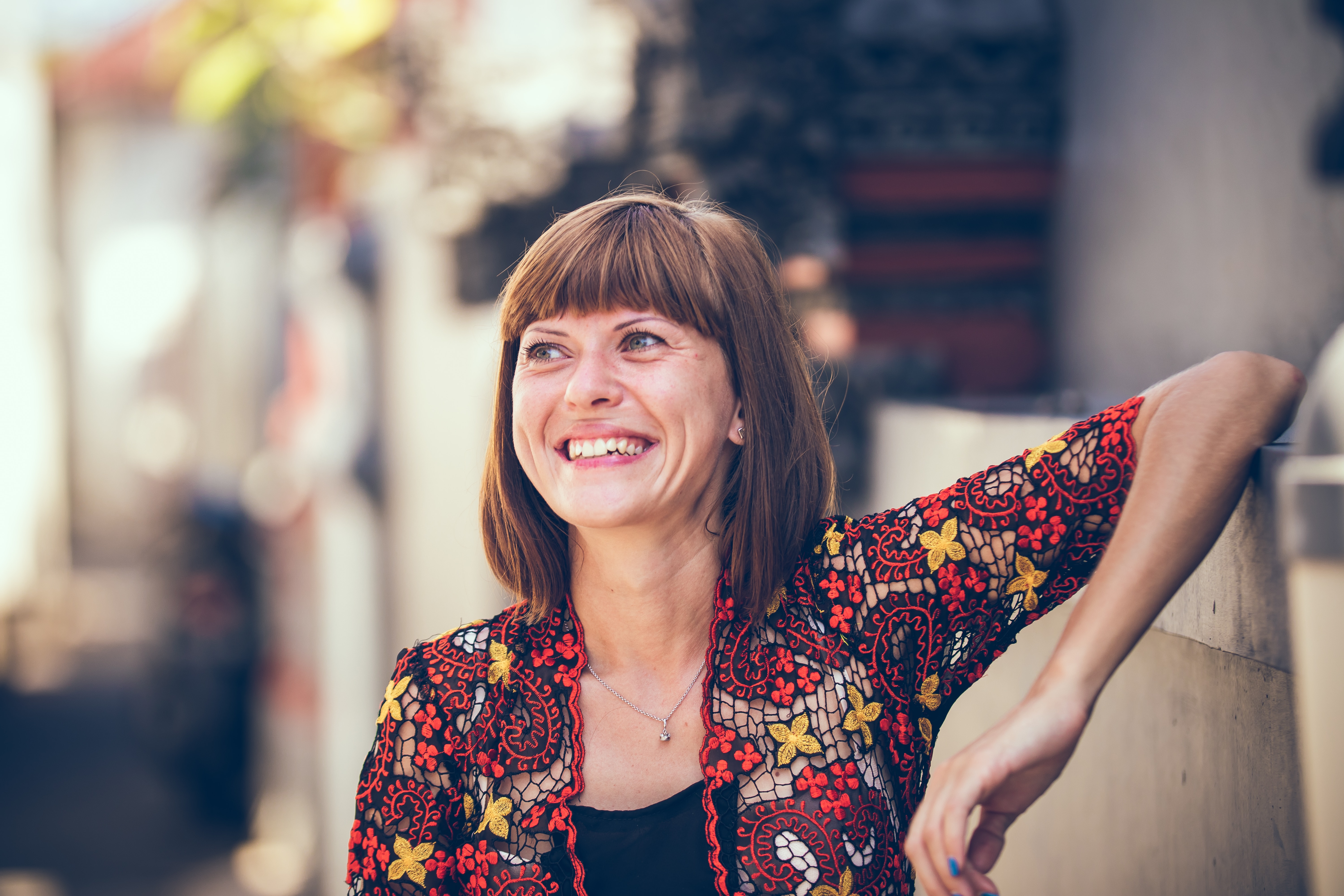Cameryn’s diagnosis journey began with fluorescent lights and long wait times at the DMV. She had long anticipated the written test for her driver’s permit. The process was standard: eye exam first, a quick photo, and lastly, the written test. As Cameryn and her mother, Laura listened for Cameryn’s name, Cameryn began to feel a twinge of anxiety over the written test. Laura, however, wasn’t worried. She knew her daughter was over-prepared and would pass easily.
The representative called Cameryn’s name and Laura expected to see her back in thirty minutes or more. When Cameryn returned in minutes, Laura knew something was wrong.
Cameryn had failed her eye exam.
Later, a visit to an ophthalmologist would confirm that Cameryn’s vision difficulties were an early sign of a neurodegenerative disorder that Laura and Cameryn would later understand as Spinocerebellar Ataxia (SCA). SCA affects the cerebellum, causing impaired coordination, balance, speech, and vision—symptoms that worsen over time. Currently, there are no FDA approved treatments for SCA and still much to be discovered about the disease, including what genetic mutations are responsible for 12 out of 28 known variations of SCA.¹
A milestone that Laura thought would lead to more independence for Cameryn, instead marked the beginning of greater dependency. Without warning, the first day of Cameryn’s journey as an SCA patient and Laura’s, as a caregiver, began. For patients living with a neurodegenerative condition, the importance of a caregiver is amplified as symptoms become more severe.
In an interview with Clara Health, Laura describes her trepidation about Cameryn’s future.
“It was hard seeing people at various stages of this disease and trying…not to imagine what could be [next for] our daughter, because, at that point, she still was fairly able to walk on her own and her speech wasn't as labored… her eyesight wasn't as bad.”
Laura initially felt helpless, unsure how to guide her daughter through the uncertainties inherent to a rare neurodegenerative disease.
Despite the dearth of information, Laura and her husband were determined to become informed about SCA. “We started doing some online research and found out about the National Ataxia Foundation,” she says. “[The organization was] having a conference, and my husband and I flew to Orlando to learn as much as we could about the disease, and we've pretty much gone every year since then.”
As mobility became increasingly challenging for Cameryn, her day to day life began to change. Laura’s job, fortunately, offered the flexibility to act as a caregiver for her daughter whose ambition is to live a full and independent life. With the help of her mother, Cameryn continued to follow her dreams. Laura soon found herself driving Cameryn to various activities and working from waiting rooms and hallways as her daughter attended college courses, volunteer events, speaking engagements, physical therapy sessions, and doctor visits.
These new commitments and time constraints made it difficult for Laura to carve out time for herself, which is critical for any caregiver. Somehow, Laura manages to attend the same book club that she’s been a part of for the past ten years, and to find joy in simple things, like having the whole family—her husband, Cameryn, and her son—around the table at the end of another hectic day for dinner. Through the challenges Cameryn and her family have had to face, they have grown even closer. Laura draws strength and hope from Cameryn’s determination and accomplishments. “We just kind of feed off of what’s important to her,” Laura says. “Cameryn was an honors student, and she will retain her cognitive skills. We want her to pick something that interests her.”
Laura’s advice for other caregivers is simple: Find and build a strong support network. Laura finds a sense of certainty through community, staying active, and helping Cameryn fulfill her dreams.
“Like I said, [family, friends, and the community] have been supportive ever since Cameron’s diagnosis,” Laura says. “They come out, support our fundraiser. Locally, our community, our family, throughout the country, everyone has really stepped up and [they] try and help as best they can.”
Laura hopes that these efforts will help to demystify SCA, promote research and awareness, and ultimately bring us closer to finding a cure.



